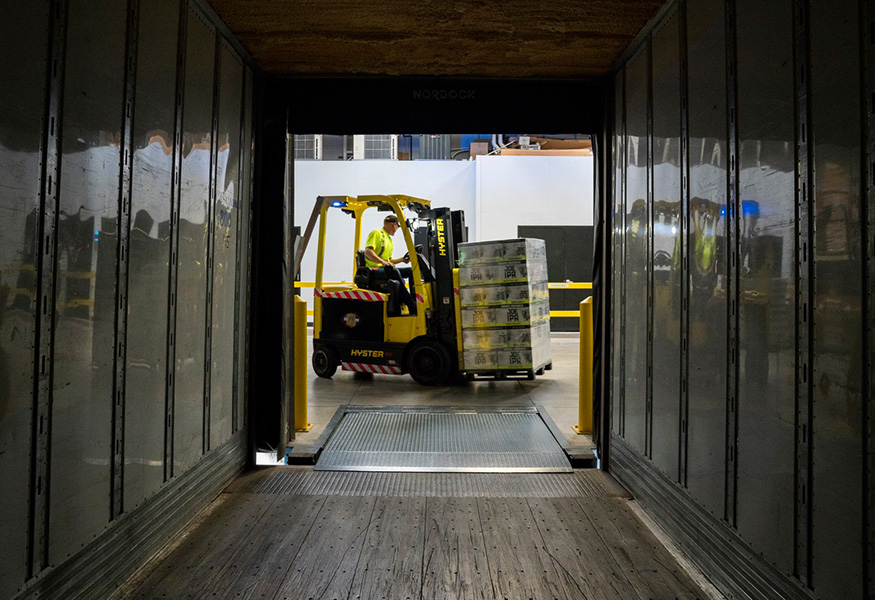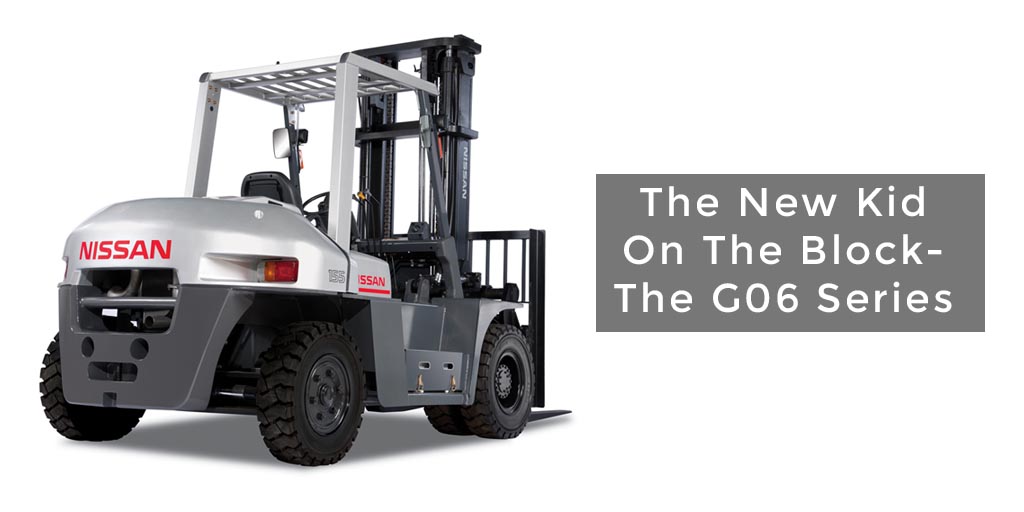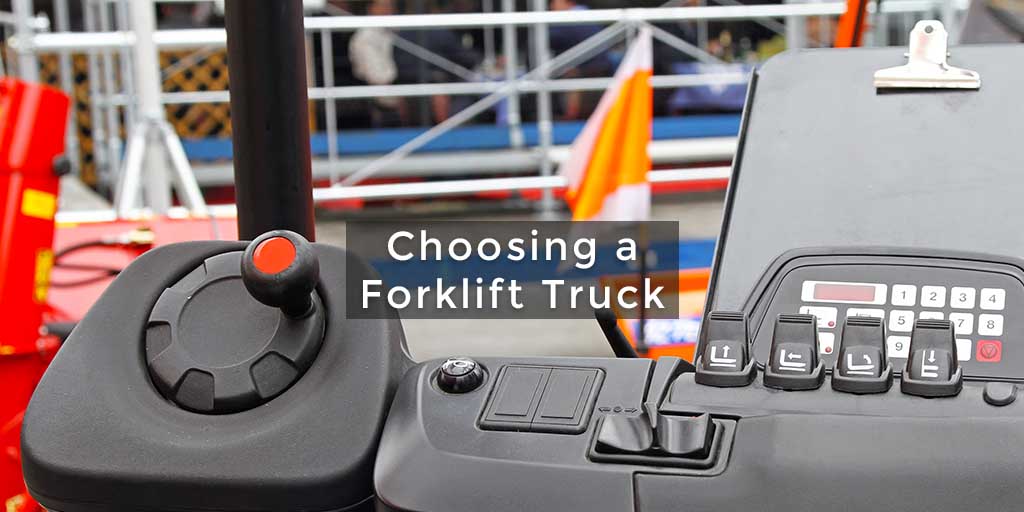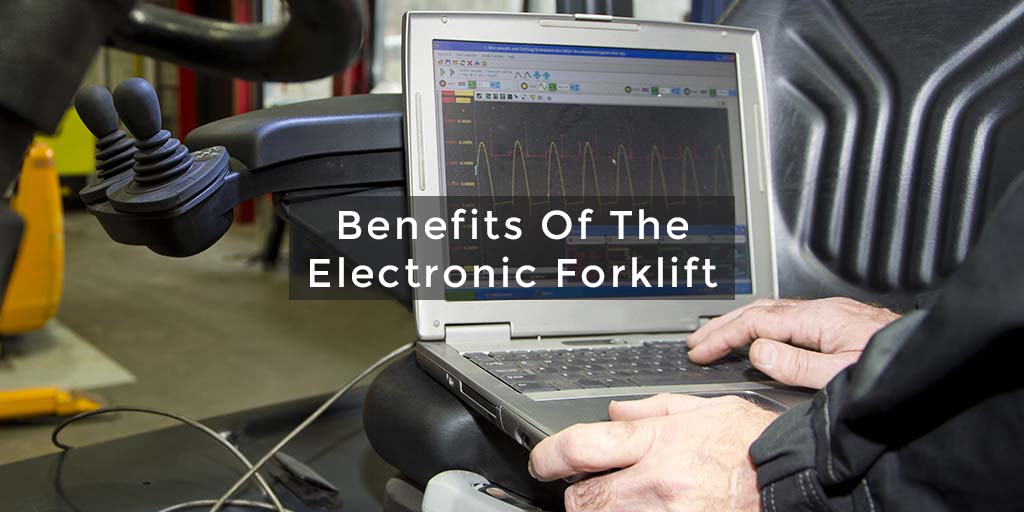
How well you maintain the batteries in your forklift trucks will effect their overall power, performance and efficiency. You need your batteries to be healthy for your lift trucks to function as at one hundred percent.
Your lift trucks will only be as useful as the battery at any time, so it’s important that you encourage your operators to keep battery health in mind throughout their daily routines.
Thankfully, there are a few simple steps you can take to help ensure you get the most out of your batteries, saving you time, money and stress in the long run.
Focus on maintenance
Sulphonation can effect batteries more often that many lift truck operators realise. This happens when sulphuric acid crystals attach to the lead plates, which negatively affects how much charge a battery can hold. It’s actually the leading cause of untimely battery death.
In order to prevent these crystals from accumulating in the first place, it’s best to immediately report them to an engineer as soon as they are spotted. The engineer can remove them quickly before they build up.
Don’t let a battery fall below 20% charge
If a battery reaches about 80% discharge, this can cause the truck’s electrical components to run hot. If this happened over a period of time it can lead to serious maintenance problems, including a slow-down in hydraulics and traction. If this happens a lot it can even result in the motor burning out. Make sure you give batteries an uninterrupted charge time between shifts or overnight.
Avoid charging intermittently
Often forklift operators can misinterpret the 20% charge rule when it comes to forklift truck batteries. During brief periods of inactivity, they’ll take the opportunity to charge the batteries. However, this would be a mistake, as the lifespan of a battery can be measured in the total number of charges it undergoes.
So, if operators charge them for short periods of time, say half an hour or so, they will be forced to do this more and more frequently as time goes on. Unfortunately, charging intermittently will result in the batteries becoming gradually less efficient and eventually they will likely not be able to charge at all.
Keep checking on water levels
It’s important to monitor the water level of any battery, as if this is allowed to drop too low, it will expose the plates to the air. This could cause the active material on the plates to dry out, leaving them to become brittle and vulnerable to damage. It’s best to add distilled water to the battery when the water level has dropped, but remember not to overfill it. Checking water levels should always be part of regular lift truck maintenance checks.
There’s many benefits to choosing battery-powered forklift trucks, including a lower cost and reduced environmental trade-offs. Also, keep in mind that it’s essential that you get a reliable charging unit for any forklift batteries, and it must be one that’s fully compatible, and designed specifically to work with the chosen battery. You can always consult a professional battery supplier if you’re still uncertain.
Are you looking to purchase a new Forklift or used forklift? Why not give us a call today? 0800 298 8790









